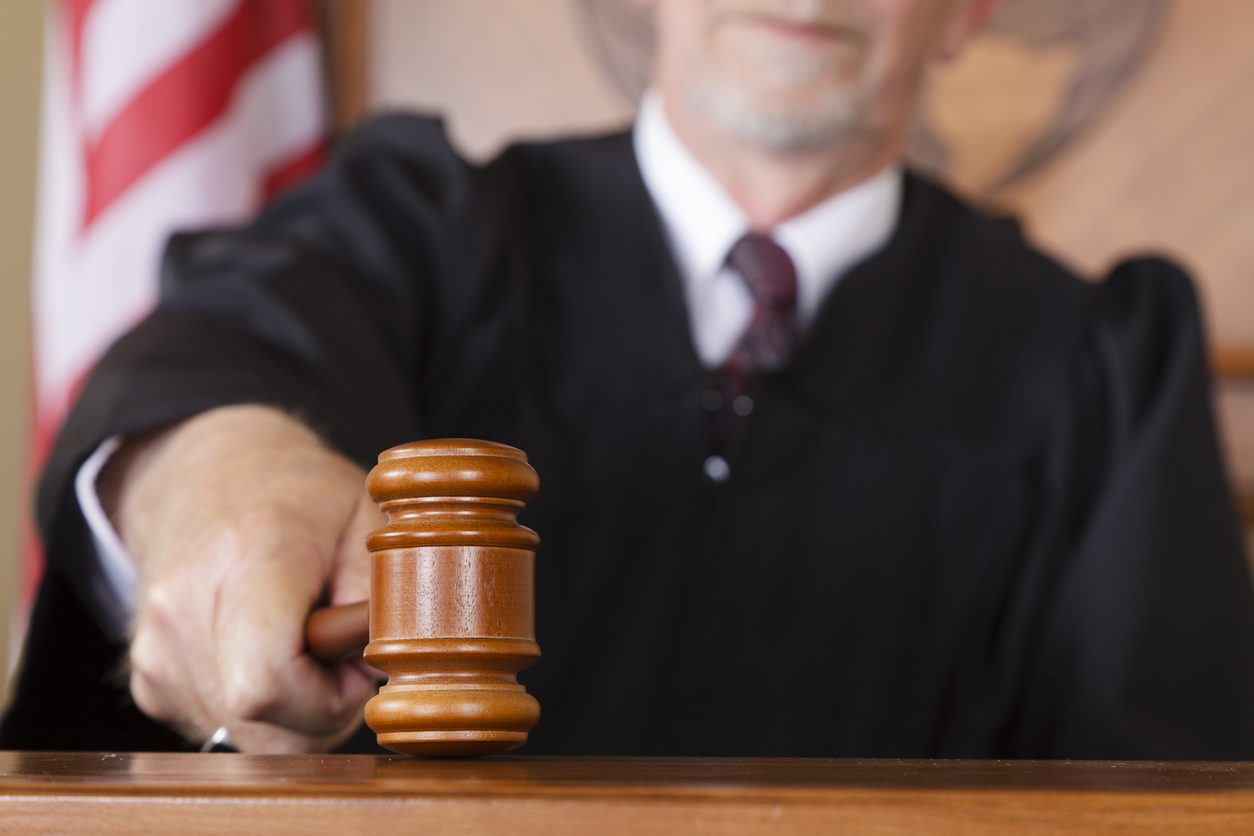With its 2008 enactment of Colorado Revised Statute § 10-3-1115 and § 10-3-1116, Colorado has created one of the country’s strongest statutory bad faith causes of action. What makes Colorado’s bad faith statute even more exceptional is that it allows a repair vendor, such as a roofer or restoration contractor, to assert a claim for unreasonable delay or denial on behalf of an insured.
Colorado Revised Statute § 10-3-1115 provides that an insurance carrier shall not unreasonably delay or deny payment of a claim for benefits owed to or behalf of any first-party claimant. The statute defines a “first-party claimant” as an:
[I]ndividual, corporation, association, partnership, or other legal entity asserting an entitlement to benefits owed directly to or on behalf of an insured under an insurance policy.In the 2012 case of Kyle W. Larson Enterprises, Inc. v. Allstate, the Colorado Court of Appeals further clarified that a “first-party claimant” unambiguously includes a repair vendor, such as a roofer or contractor, that brings a claim against an insurer on behalf of its insured.1 The appeals court explained that it is in keeping with the legislative objective (preventing unfair and deceptive practices by insurance companies) to allow a repair vendor acting on behalf of the insured homeowner, to assert a claim for relief under Colorado Revised Statute § 10-3-1115 and Colorado Revised Statute § 10-3-1116.
More recently, Magistrate Judge Watanabe of the United States District Court of Colorado and Judge Russel of First Judicial District of Colorado cited Larson in denying insurance carriers motions to dismiss statutory bad faith claims of contractors pursuing benefits owed on behalf of an insured under an insurance policy.2
By defining a “first-party claimant” as a person or entity that asserts a claim on “behalf of” an insured, the Colorado legislature deliberately chose to expand the class of plaintiffs that may pursue a statutory bad faith claim. Colorado state and federal decisions have made it clear that the term “first-party claimant” unambiguously permits parties other than the insured, such as roofers and restoration contractors, to bring statutory bad faith claims on behalf of an insured. Repair vendors who have suffered through the consequences of an insurance company’s delay or denial now have the ability to assert a claim for statutory bad faith on behalf of the policyholder.
_______________
1 Kyle W. Larson Enterprises, Inc. v. Allstate Ins. Co., 305 P.3d 409, 411 (Colo. App. 2012).
2 Sable Cove Condominium Ass’n. and Edge Construction, LLC v. Owners Ins. Co., No. 14-cv-00912, 2014 WL 4398668 (D. Colo. Sept. 5, 2014); Ecoblast, LLC v. Country Mut. Ins. Co., 2016 WL 8938412 (Colo.Dist.Ct. Oct. 18, 2016).



